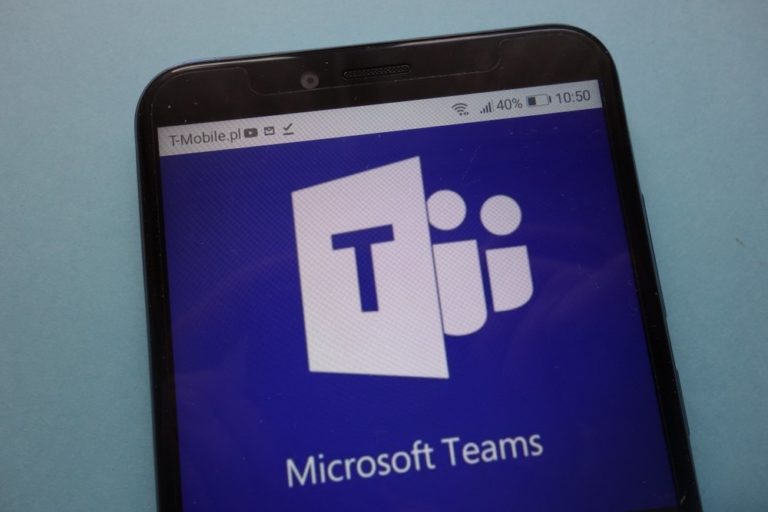Tech giant Microsoft may end up charging for its Teams platform. Previous complaints against Microsoft from Slack have now been bolstered by additional EC filings.
Microsoft has offered to modify the pricing plans for its popular Office productivity suite in order to avoid an EU antitrust investigation, according to a report in Reuters. The US software behemoth now plans to offer its Office product both with and without the Teams app, sources have said.
Microsoft’s antitrust problems stem from the complaints filed with the European Commission by the messaging app Slack last December. The Salesforce-owned Teams competitor asked officials to correct Microsoft’s undue market dominance. They wanted regulators to force the tech giant to sell its Teams application separately from the rest of its Office suite. “We’re asking the EU to be a neutral referee, examine the facts, and enforce the law”, said Slack’s general counsel at the time.
Microsoft, however, countered by explaining that Teams’ videoconferencing features allowed it to gain popularity during the COVID-19 pandemic, while Slack suffered for not having videoconferencing in its offering at the time.
Additional complaints have appeared
This week, the European Commission reported receiving additional complaints besides those filed by Slack. “We have received several complaints regarding Microsoft, including by Slack, regarding Microsoft’s conduct in relation to its Teams product. As you know, the assessment is ongoing. We cannot comment further”, a spokesperson told Reuters.
Microsoft said it continued to engage cooperatively with the Commission and was “open to pragmatic solutions that address its concerns and serve customers well”.
When Reuters asked Salesforce to comment, the CRM giant declined. According to Reuters sources, the EU antitrust watchdog is now seeking feedback from Microsoft’s rivals on the company’s unbundling proposal. In the last decade, the European Commission fined Microsoft 2.2 billion euros for practices breaching EU competition rules, including tying or bundling two or more products.
